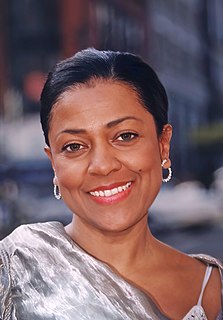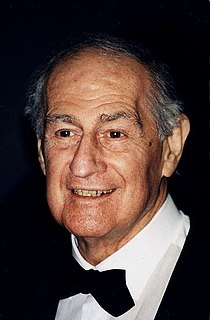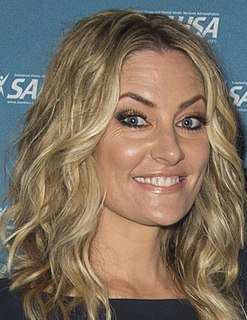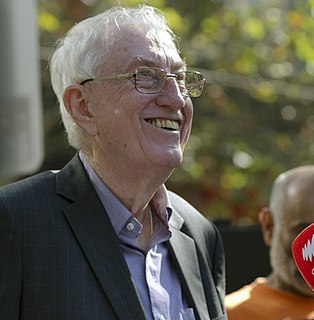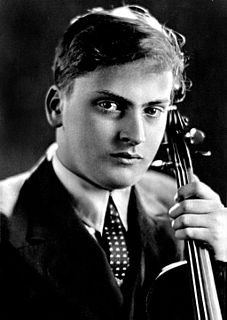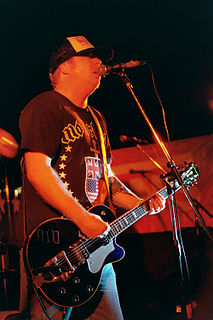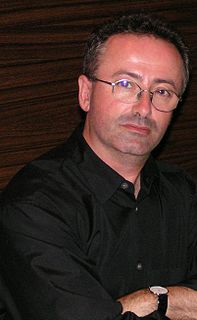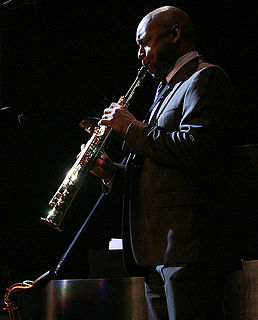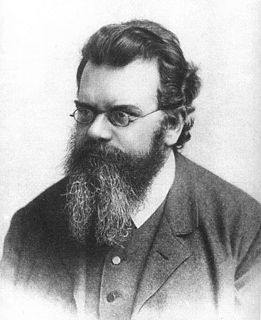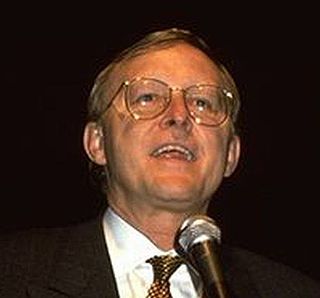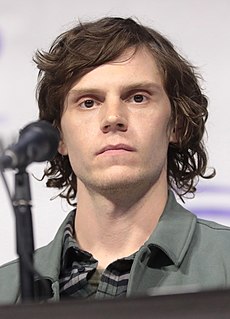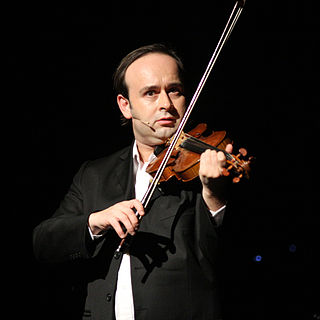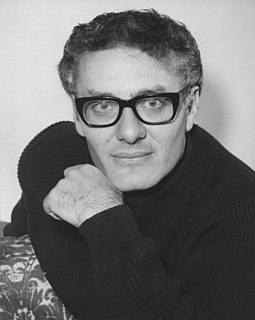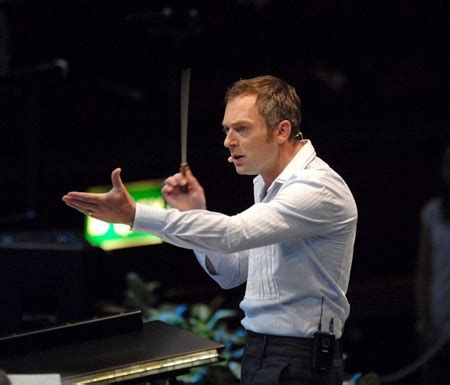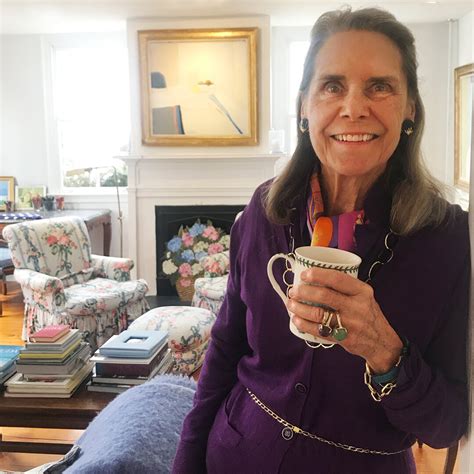Top 390 Mozart Quotes & Sayings - Page 5
Explore popular Mozart quotes.
Last updated on December 18, 2024.
I bring my classical training - some of it, but not all of it - and also my background and culture, to spirituals. And I try to leave room for that unpredictable factor, where the feeling of the song is allowed to come through. The same ethos can be applied to singing Mozart, or Schubert, or Bach. It's not just about what's on the page.
I remember being handed a score composed by Mozart at the age of eleven. What could I say? I felt like de Kooning, who was asked to comment on a certain abstract painting, and answered in the negative. He was then told it was the work of a celebrated monkey. 'That's different. For a monkey, it's terrific'.
We are fans of Mozart and Beethoven, as well 'South Park' and Borat. We believe that we can attract many people who eschew the serious ambiance of concert halls and don't go to classical music concerts because of such reasons. However, there is a 'serious humor' on the stage: funny and ridiculous. That is important!










